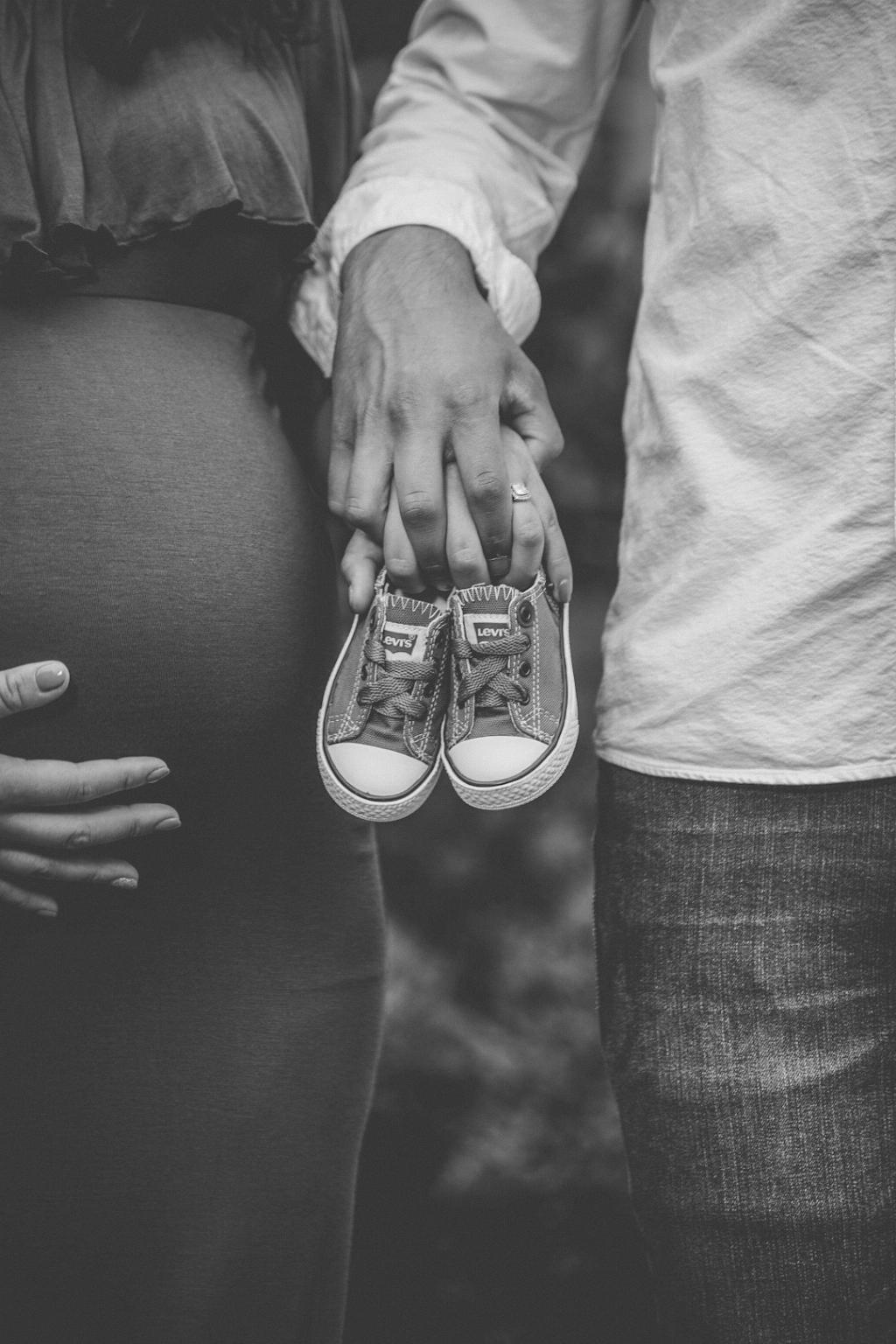When it comes to pregnancy, age plays a significant role in determining potential risks and complications. While pregnancy is a beautiful and miraculous experience, it is essential to understand that certain age groups may face higher risks than others. In this article, we will delve into the factors that make pregnancy risky for individuals at particular ages.
Risks of Pregnancy in Young Women
Young women under the age of 20 face unique challenges when it comes to pregnancy. Teenage pregnancies are often considered risky due to the fact that the bodies of adolescents are still developing, both physically and emotionally. Pregnant teenagers may be more susceptible to high blood pressure, preterm birth, and low birth weight babies.
Risks of Pregnancy in Older Women
On the other end of the spectrum, women over the age of 35 also encounter increased risks during pregnancy. Advanced maternal age is associated with a higher likelihood of miscarriage, chromosomal abnormalities such as Down syndrome, gestational diabetes, and high blood pressure. Additionally, older mothers may have a harder time conceiving and a higher chance of requiring interventions during childbirth.
Optimal Age for Pregnancy
While both younger and older age groups face potential risks during pregnancy, there is often considered an optimal age range for childbearing. Typically, women in their late 20s to early 30s are thought to be in their prime reproductive years. Fertility is generally at its peak during this period, and the potential for complications is relatively lower compared to younger or older age groups.
Factors to Consider
It is crucial to consider individual factors beyond just age when evaluating pregnancy risks. Factors such as overall health, lifestyle choices, pre-existing medical conditions, access to prenatal care, and genetic predispositions can all influence the potential risks associated with pregnancy. Consulting with healthcare providers and undergoing thorough prenatal screenings can help assess and manage these risks effectively.
Preventive Measures
Regardless of age, there are steps that pregnant individuals can take to minimize risks and promote a healthy pregnancy. This includes maintaining a balanced diet, staying physically active, attending regular prenatal check-ups, avoiding harmful substances such as smoking and alcohol, and managing stress levels effectively. Following these preventive measures can contribute to a smoother pregnancy experience.
Conclusion
In conclusion, the age at which a person becomes pregnant can impact the overall risks and complications they may encounter during the pregnancy journey. While younger and older age groups may face higher risks, individual factors and proactive measures can help mitigate these risks and promote a positive pregnancy experience. It is essential for individuals considering pregnancy to be well-informed, seek appropriate medical guidance, and prioritize their health and well-being throughout the entire process.

